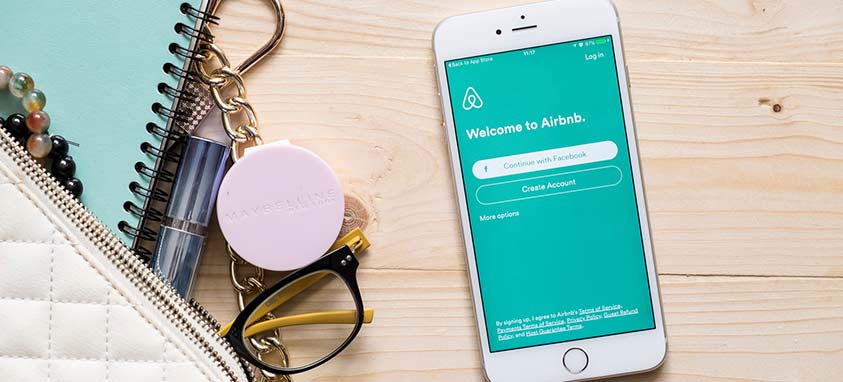Despite what many have dismissed as a mere blip on the radar, Airbnb is a force to be reckoned with. Now boasting 2,000,000+ listings in 34,000 cities in 191 countries and a $30 billion valuation, Airbnb may soon earn the title, “World’s largest hotel chain.”
The Crowne Plaza Stamford cites a recent PWC report showing that 6 percent of the U.S. population has participated in the sharing economy for the hospitality industry as a consumer. While there is much to be admired about the ingenuity behind Airbnb, there are some inherent advantages with booking a traditional hotel stay that Airbnb cannot offer.
Here’s a side by side comparison of some of the advantages of an Airbnb vis-à-vis a hotel stay.
Where Airbnb has the advantage:
Low overhead: The company doesn’t have to worry about the high turnover rates of bellhops and front desk clerks like hotels do.
Lower prices: The Airbnb price point is especially advantageous for targeting budget-conscious millennials.
Convenience: Airbnb successfully delivers solutions for a constrained travel budget, saving time or a preference for a given location.
Income for locals: More and more of us welcome the opportunity for extra income as home owners to rent out space for a fee. Airbnb offers that.
Diverse product offerings: Airbnb’s offers wide range of product offerings—Airbnb’s accommodations now stretch up to multi-bedroom homes and into some of the world’s most exclusive locations.
Unique experiences: Each Airbnb selection is in essence “unique” with the personal styling of each individual landowner or renter.
Adventure: Airbnb has attracted frequent visitors for the thrill of not knowing for sure what one will get and the uniqueness of the travel experience.
Cultural exposure: The chance to blend in with the locals in neighborhoods removed from commercial hotel properties is another draw for Airbnb lodgers.
Values and attitudes: Chain hotels are antithetical to what these consumers want. Even by replicating some of the advantages of Airbnb, hotels would need to completely reverse the values and attitudes of Airbnb frequenters.
Women travelers: Women often appreciate being in an environment resembling a home rather than a hotel.
Map integration: Airbnb integrates a map function directly into every search. You can see all participating properties and instantly select based on availability and location. This makes Airbnb both intuitive and logical.
Rate breakdown: Airbnb reveals the complete rate breakdown: room, cleaning fee and commission. We all like to feel we are getting a bargain, and with Airbnb you see the net price along with all add-ons.
User Comments: Not only does Airbnb’s have a booking engine that shows you all upfront costs, but it also fluidly integrates comments from its own user data.
Social media: When you are contemplating booking a room, you can research your options directly with members of the Airbnb community. This provides a level of confidence in the buying decision that is difficult to match.
Where hotels have the advantage:
Data collection: Hotels may use CRM and predictive analytics to develop an in-depth understanding of their customers spending patterns. This data driven approach can be a meaningful competitive advantage for maximizing revenue per stay.
Consistency: Airbnb will never be able to deliver as consistent of an experience for guests as hotels do.
Sophisticated level of service: Airbnb doesn’t compete because its amateur hosts can’t match the level of hospitality hotels’ professional concierges offer.
Trust and safety: Many guests don’t want the Airbnb feel: staying in a stranger’s home. It comes down to a matter of trust, and hotels are trusted because they’re highly regulated.
Introverted guests: In addition to trustworthy hosts, hotels appeal to private, more introverted guests seeking the predictability and the security that Airbnb cannot offer.
Travel itinerary: Hotel clients generally see the hotel itself as part of the destination and are willing to spend on luxury amenities.
No one can deny that the hotel industry has a fight on its hands when it comes to the peer-to-peer accommodation market. Airbnb is the undoubtedly the hotel industry’s biggest competitor, however, Airbnb demand is still less than 2 percent of hotel demand in the United States. We have yet to see just how widely it will impact the lodging industry in the years to come.




